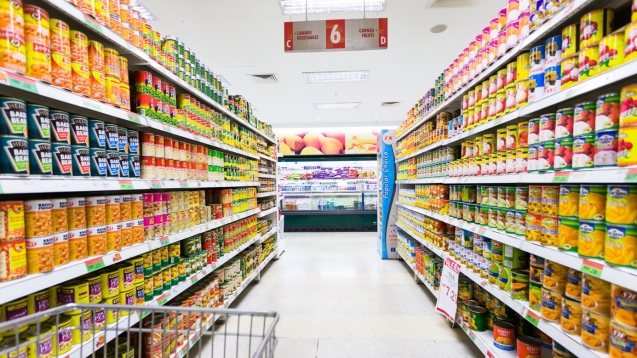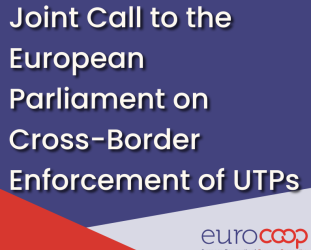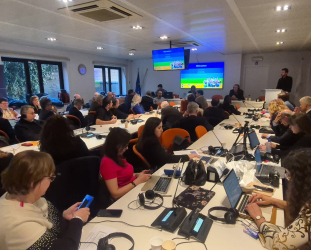European Commission Takes Aim at Hungary & Romania

The European Commission has officially announced that it has issued warnings to the governments of Hungary and Romania because of their national legislation aimed at supporting local producers’ market presence.
As the legal texts stand in each country, in Hungary, retail chains are obliged to apply the same profit margins to imported food products as they do to locally-sourced ones. Retailers have argued that this discourages them from importing more expensive foods from elsewhere in the EU and thus puts more restrictions on their business practices.
The situation in Romania is such that traders (whose annual turnover is above
€ 2 million) need to have at least 51% of the foods they sell, such as meat, vegetables, fruits, honey, eggs, dairy products, and bread, coming from local producers. In addition, all Romanian products will have to be given promotional placement on the store shelves, so as to increase their visibility, and the traders are banned from asking the local producers for additional taxes (e.g. shelf tax). The law was passed by parliament in June 2016.
As a result, last month Brussels has sent official letters to the Hungarian and Romanian governments, asking them to respond to concerns that their legislation infringes two EU treaty obligations - the free movement of goods and freedom of establishment.
Hungary and Romania are the latest of several national governments across Europe, primarily in Central and Eastern Europe, which have recently taken action to strengthen the market presence of local producers. Their position has been that the massive expansion of large multinational retailers in the past several years has taken a heavy toll on the small and medium businesses, which are traditionally deemed as the engine of the local economy.
This is a first step in infringement proceedings that could end up in the European Court of Justice, if the two countries fail to provide sufficient and satisfactory argumentation to the European Commission’s concerns
The deadline for Hungary and Romania to respond is 2 months as of mid-February.
Latest News

Euro Coop and Partners Demand Streamlined Green Claims Directive
Brussels, 23 April 2025 – Euro Coop, together with HOTREC and Independent Retail...

Safeguarding the Single Market: Joint Call to the European Parliament on Cross-Border Enforcement of UTPs
Brussels, 22 April 2025 – Euro Coop and Independent Retail Europe have sent a joint...

Cooperatives Driving Change: Key Events in Brussels, March 2025
As part of the International Year of Cooperatives, a series of impactful events took place in...
Latest Stories

Coop Norway’s discount chain, Extra, receives prize for healthy marketing and celebrates with additional discount on fruit and vegs
Coop Norway’s discount chain, Extra, has been recognized for its commitment to healthier...

Coop Private Label Products Shine at the 2025 European Private Label Awards
The 2025 European Private Label Awards have celebrated the achievements in store brand...

Empowering Consumers for a Sustainable Future: An Interview with HISPACOOP for World Consumer Day
On the occasion of World Consumer Day, we highlight the essential role of consumer...

